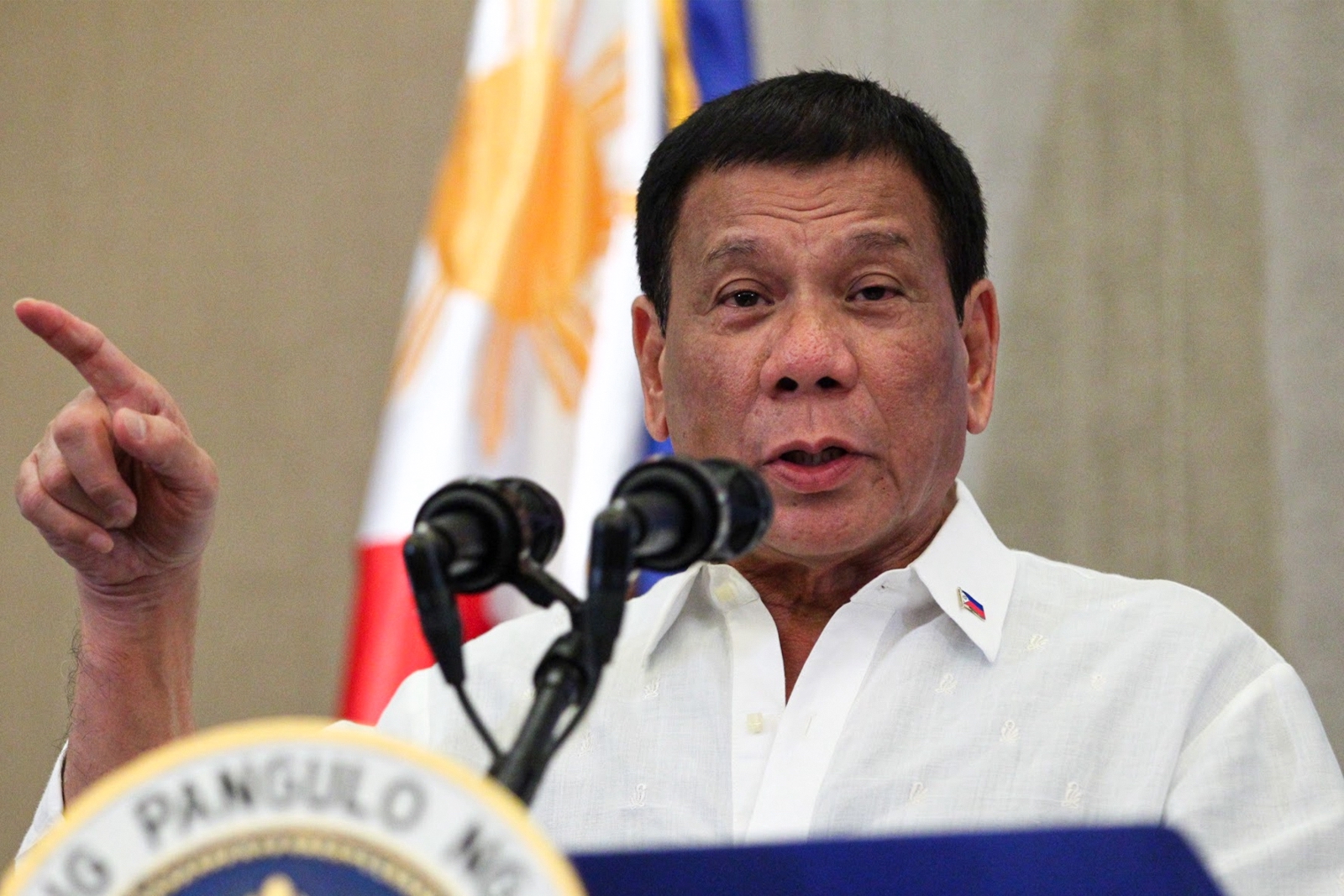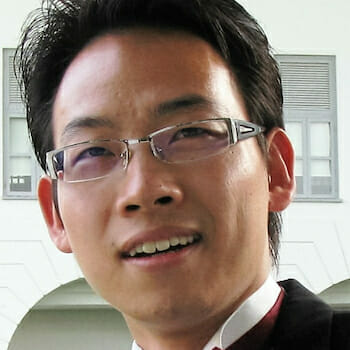
Duterte is Behind Bars. Does That Mean Marcos Has Already Won?
The Philippines has long been ruled not just by politicians, but by dynasties. Power is inherited, alliances are transactional, and betrayals are often masked as reforms. The result? A nation where democracy frequently feels more theatrical than functional, and where the people are often collateral in elite power plays.
Now, history turns another grim page: Former President Rodrigo Duterte sits in a Hague jail cell, the first Asian leader ever imprisoned by the International Criminal Court. Facing the specter of a life sentence and reportedly grappling with a severe health crisis, Duterte’s fall is as dramatic as his rise, once the Philippines’ strongman, now its most infamous detainee.
Inside his Dutch cell, Duterte may be reflecting on that old Machiavellian adage: There are no permanent friends or enemies—only permanent interests. In 2022, it was his alliance with Sara Duterte, his daughter and now the nation’s vice president, that helped catapult Ferdinand “Bongbong” Marcos Jr. into the presidency. The Marcos-Duterte tandem seemed invincible. But now, the man he helped into power may be the one hammering the final nails into his political coffin.
Marcos Jr., for his part, denies any coordination with the ICC. But reports from The Manila Times suggest otherwise. A leaked ICC document reportedly confirms that three members of Marcos Jr.’s government conspired in Duterte’s arrest, with the full knowledge and approval of the president himself. Despite public declarations that the Philippines, which withdrew from the ICC in 2019, would not recognize its jurisdiction, Marcos Jr. reversed course in dramatic fashion, declaring, “The plane is en route to The Hague.”
It was a coldly theatrical move—one that cast Marcos Jr. in the unfamiliar role of global justice crusader. This, from the son of a dictator whose own reign was marked by brutal repression, kleptocracy, corruption, and mass human rights abuses. The younger Marcos has spent years airbrushing his father’s legacy. That he now presents himself as a defender of international law and accountability strains credulity.
Yet, for now, Marcos Jr. is winning. Duterte is behind bars. The impeachment case against Sara Duterte—spearheaded by Marcos allies—has cleared the House of Representatives and awaits a Senate vote. But dismantling the Duterte dynasty may not be as seamless as it appears.
Cracks are already forming within Marcos Jr.’s own camp. His sister, Senator Imee Marcos—who chairs the Senate’s Foreign Relations Committee—has announced an “urgent investigation” into Duterte’s arrest. Ostensibly, this is to ensure the legality of the process and to uphold his rights. Whether this is a principled stand or a calculated “good cop, bad cop” maneuver remains unclear. Either way, it signals disunity at the top.
Then, there’s the geopolitical chessboard. The Philippines, historically tugged between American and Chinese spheres of influence, finds itself once again at the center of great-power rivalry. Observers speculate that Washington may have backed Duterte’s arrest. Marcos Jr.’s pro-U.S. pivot—symbolized by this bold move against the China-friendly Duterte—could be seen as a strategic offering to Washington. But will it be accepted? President Donald Trump has always viewed Duterte favorably and harbors little affection for Marcos Jr. That unpredictable dynamic could throw the calculus off.
Perhaps the most curious twist of all is Duterte’s own decision to return to Manila from Hong Kong, fully aware that arrest was likely. It’s unlikely he acted out of naivety. As a shrewd political operator, Duterte may have recognized the futility of flight—and the potency of martyrdom. By choosing detention over evasion, he may be attempting to shift the narrative, to turn persecution into political capital for his clan.
Indeed, momentum may be shifting. Public sympathy for Duterte appears to be on the rise, with street protests and social media campaigns demanding his release. As pressure builds on Marcos Jr., the embattled Duterte camp may find renewed strength heading into the midterms this May and, more crucially, the 2028 presidential election.
Sara Duterte remains the presumptive front-runner in that race. Her ominous promise of a “day of reckoning” underscores just how far from settled this dynastic feud really is. Marcos may have landed a blow—but the battle for the Philippines’ future is far from over.
